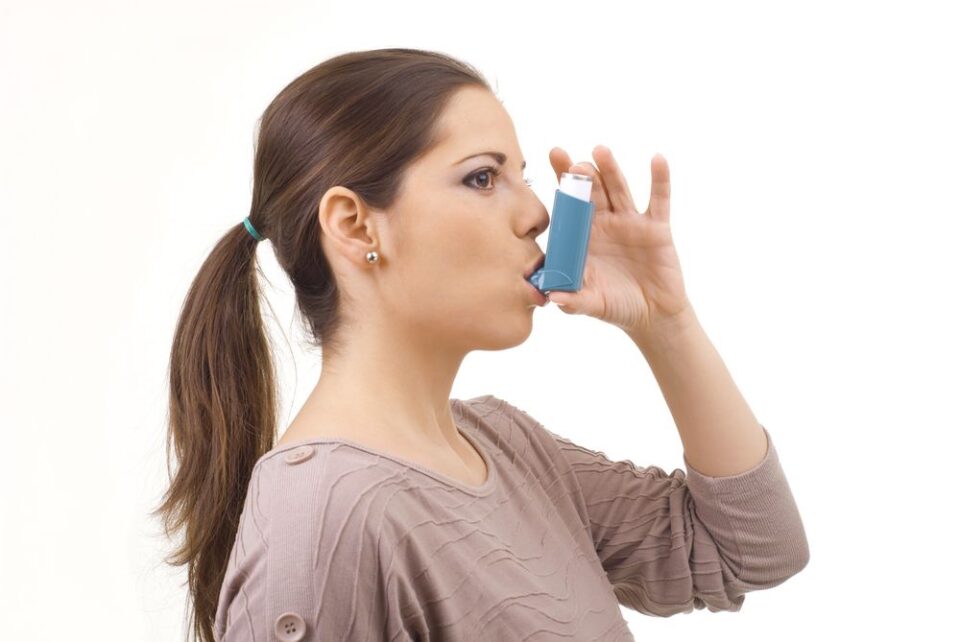Asthma is a chronic illness that affects both children and adults is asthma. Due to inflammation and muscle stiffness around the tiny airways, the airways in the lungs become more restricted. Asthma symptoms including coughing, wheezing, shortness of breath, and tightness in the chest are brought on by this.
No, asthma cannot be cured. Some children with asthma will outgrow it by adulthood. But, for many, asthma is a lifelong condition. It is possible to live a healthy life despite asthma.
But Quick-relief inhalers remain the only way to suppress asthma crisis. These medications are sometimes called rescue inhalers. They’re used as needed to quickly open your airways and make breathing easier. Knowing when to use these medications can help prevent an impending asthma attack.
5 STEPS TO CURE ASTHMA
Keep an Asthma Diary
A diary can help you keep track of how well-controlled your asthma is. Every day, write down:
- Any asthma symptoms you had and how you’re feeling
- Where you were and what you were doing right before a flare
- When you’re using medication and how much
- Your PEF numbers
All of this information, collected in one place, helps you and your doctor see patterns and recognize warnings of asthma attacks. You can learn to prevent them or stop them before you get very ill.
Your doctor can also check your diary to see how well your asthma action plan is working.
TIPS TO CURE ASTHMA
Even though there’s no natural cure for asthma, your symptoms can be treated and controlled with several asthma medications. Your goal in managing asthma is to:
- Get an accurate asthma diagnosis.
- Work with your doctor to come up with an asthma action plan.
- Monitor your peak flow rate daily and do the right things when it drops.
- Keep an asthma diary so you can track all your symptoms and medication use.
- Avoid asthma triggers or causes of asthma, including outdoor irritants like smog.
- Seek medical advice and treatment for problems that can worsen asthma symptoms, like GERD, allergic rhinitis, and sinusitis.
- Exercise daily to boost your aerobic fitness.
- Prevent exercise-induced asthma by medicating before exercise.
- Eat nutritious foods to boost your immune defenses against viral and bacterial infections.
- Stay at a normal weight.
- Get plenty of restful sleep.
- Call your healthcare provider at the first sign of asthma symptoms.
- Check-in with your healthcare provider regularly for breathing tests to make sure your asthma is managed and your medications are working at their best.
You hold the key to living well with asthma. Trust your healthcare provider to give you guidance, and then take daily responsibility for your breathing with proven ways to take care of yourself.


